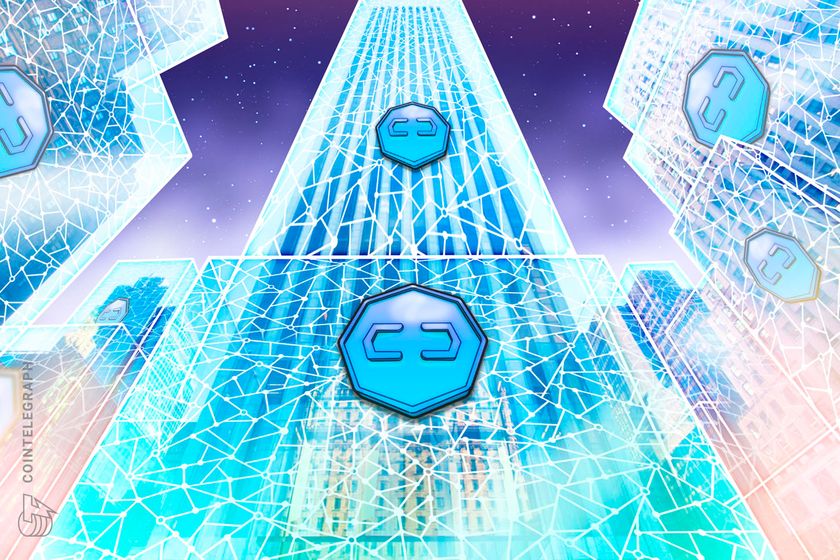
Dubai has made a groundbreaking move by launching the first licensed tokenized real estate project in the Middle East and North Africa (MENA) region, signaling a growing interest in real-world tokenization in one of the world's emerging crypto hubs. The project is a collaboration between the Dubai Land Department (DLD), the Central Bank of the United Arab Emirates, and the Dubai Future Foundation.
The tokens from this project will be tradable on the newly introduced "Prypco Mint" platform. Zand Digital Bank has been appointed as the bank for the pilot phase of the project. The Dubai Virtual Assets Regulatory Authority (VARA) recently updated its regulations to include real-world asset (RWA) tokenization, allowing for the trading of such tokens on secondary markets.
Individual investors will have the opportunity to purchase tokenized shares in "ready-to-own properties in Dubai" with investments starting at 2,000 Emirati dirham ($545). Initially, transactions during the pilot phase will be conducted in dirham (AED) without the involvement of cryptocurrency. While the pilot program will be limited to UAE ID holders, there are plans to expand it globally.
In April, the DLD and VARA agreed to integrate Dubai's real estate registry with property tokenization to attract global investors and boost liquidity in Dubai's real estate market. This initiative was first announced in March.
The United Arab Emirates, particularly Dubai, has been positioning itself as a significant hub for crypto entrepreneurs. In a recent partnership with Crypto.com, Dubai aims to facilitate crypto payments for government services. The move indicates the country's efforts to embrace blockchain technology and digital assets.
Real estate tokenization is expected to witness substantial growth in the coming years, with the global market projected to reach a $19.4 billion market cap by 2033, growing at a compound annual rate of 21%. This market expansion will involve tokenizing various types of real estate, including residential, commercial, and industrial properties.
While companies like RealT and Metlabs are specializing in real estate tokenization, navigating regulatory requirements remains a challenge for many players in the industry. Despite the complexities involved, the potential benefits of real estate tokenization, such as increased liquidity and accessibility for retail investors, are driving the momentum in this sector.
The launch of the tokenized real estate project in Dubai is a significant step towards the mainstream adoption of blockchain technology and digital assets in the real estate market, setting a precedent for future developments in the MENA

Leave a Reply